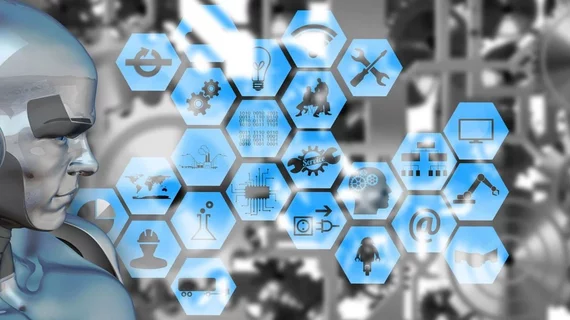When the pandemic is in the past, will digital health have gained much ground?
The global COVID-19 crisis presents the field of digital health with an opening to help attune healthcare as a whole to the needs of individuals, communities and populations.
AI, blockchain and the internet of things are among the digital tributaries poised to feed the flow of the field’s collective input.
The gathering contributions of these and other technologies get fleshed out in the May edition of OMICS: A Journal of Integrative Biology, which the publishing house Mary Ann Liebert has posted in full for free.
In introducing the issue, Vural Özdemir, MD, PhD, the journal’s editor-in-chief, looks at the digital-health landscape as a sprawling vista ripe for the developing.
“[I]t is never too soon to think of a ‘post-corona world,’” he writes, “where new technologies and medical fields such as digital health can coexist in greater harmony with, and due attention to, social justice and ecological determinants of health than the pre-corona world.”
Digital health, Özdemir also notes, “builds on the concept and theory of cyber-physical systems that create a digital replica of all living and inanimate objects on the planet.”
Representative article titles in the issue include “New Machine Learning Applications to Accelerate Personalized Medicine in Breast Cancer: Rise of the Support Vector Machines,” “Integrating Artificial and Human Intelligence: A Partnership for Responsible Innovation in Biomedical Engineering and Medicine” and “Implementing Artificial Intelligence and Digital Health in Resource-Limited Settings? Top 10 Lessons We Learned in Congenital Heart Defects and Cardiology.”
To access the all-free issue, click here.

